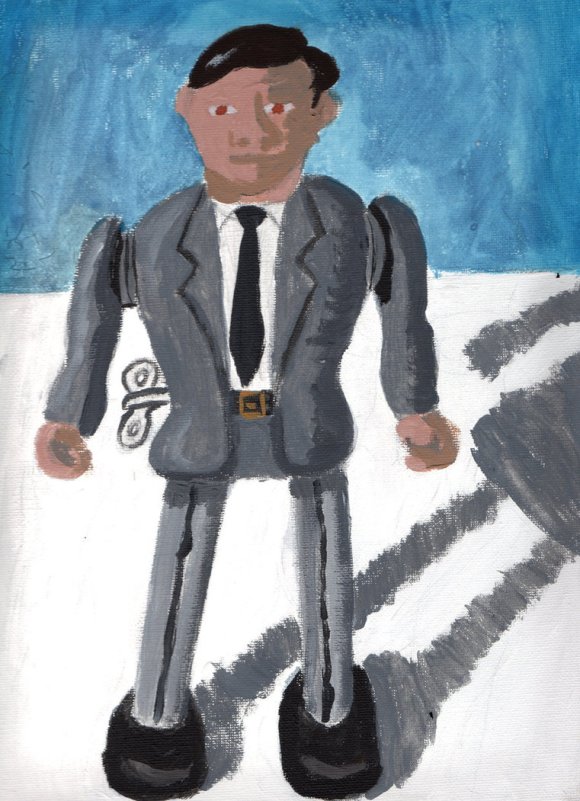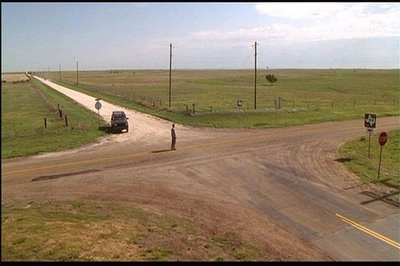 The book of Malachi wraps up the Old Testament. It’s also the conclusion of our UPWORD together readings (for now!). Dr. Henrietta Mears wrote: “Martin Luther called John 3:16 ‘the little gospel.’ In the same way, we might speak of Malachi as the ‘little Old Testament’.”
The book of Malachi wraps up the Old Testament. It’s also the conclusion of our UPWORD together readings (for now!). Dr. Henrietta Mears wrote: “Martin Luther called John 3:16 ‘the little gospel.’ In the same way, we might speak of Malachi as the ‘little Old Testament’.”
As the ‘little Old Testament’ we see in Malachi the reality of ongoing sin and the tragedy of fallen humanity. Even though the people had been loved by God and protected by his goodness, they still doubted his love and turned toward themselves and away from him. “‘I have loved you deeply,’ says the LORD. But you retort, ‘Really? How have you loved us?'” (Malachi 1:1) The people had been set free from exile, returned to their homeland, and rebuilt their Temple and walls of their city, yet again fell into a faithless condition. The people were involved in thoughtless and cold religion (Mal. 1:6-8), preoccupation with money and robbing God of the tithe (Mal 3:7-12), rampant divorce (Mal.2:14-16), evil associations (Mal.2:10-12), and doubting God’s character and justice (Mal 2:17-3:6). As the culmination of the Old Testament, Malachi ends with the word “curse.” And this is the result of life lived apart from God.
However, “curse” is not the final word of the Bible, just the Old Testament. Malachi promised that God would send a messenger in the future who would be a forerunner to God’s arrival. “Look! I am sending my messenger, and he will prepare the way before me. Then the Lord you are seeking will suddenly come to his Temple,” (Mal 3:1). The New Testament identifies John the Baptist as that messenger (see John 1:23 and Luke 3:3-4) and it identifies Jesus as God himself who has come to his temple (John 20:30-31). And while the Old Testament ends with the word “curse,” the New Testament closes with a blessing: “The grace of the Lord Jesus Christ be with all God’s people.” (Revelation 22:21).
God continues to send his messengers ahead of Him into people’s lives. When we allow God to use us to speak his love into lives that have been broken by the curse of sin and selfishness, we help to prepare the way for Jesus to enter in and bring his blessing of grace and life. We live in a time not unlike that of the time of Malachi — people are still the same, living careless lives with spiritless religion. We, like Malachi and John the Baptist, can be God’s messengers of the good news that God loves broken people. Choosing to yield and live Christ-full lives will usher in his deep, profound, and healing love through us to others. As we receive him daily, we can be used by God just as we are to bless others he puts in our lives. We can live out the truth that Jesus has come to remove the curse of sin and death with the blessing of new life through grace. We can offer hope where hope has been lost, restore forgiveness where offense has shut down hearts, and be the presence of Christ to those who are seeking him. God’s story doesn’t end with Malachi or the Old Testament. He’s just getting started.









